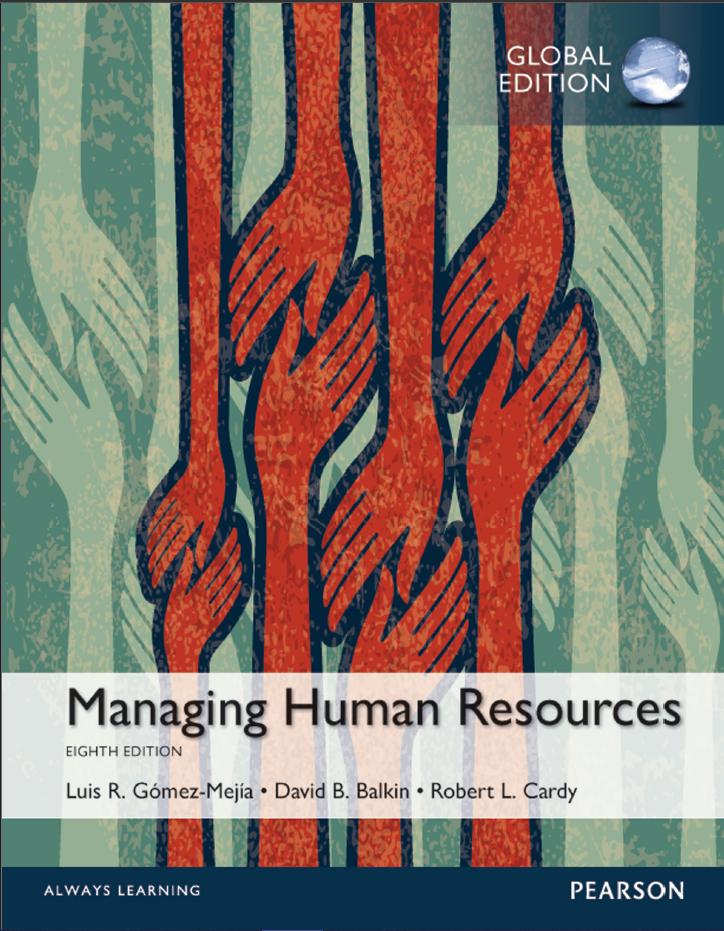ChoicePoint is the largest company in the $4 billion background-checking industry. Is there anything ChoicePoint can do,
Question:
ChoicePoint is the largest company in the $4 billion background-checking industry. Is there anything ChoicePoint can do, as the industry leader, to be more sensitive and respectful to the privacy rights of employees in how it distributes information to employers? What do you recommend? How would your recommendation affect ChoicePoint’s cost of doing business?
Theodore Pendergrass was shocked in November 2006 when the Walgreens pharmacy chain rejected his application for a store supervisor job. The company told him that a background-screening firm called ChoicePoint reported that a past employer had accused him of “cash register fraud and theft of merchandise” totaling $7,313. “I wanted to cry,” Pendergrass said.
The $4 billion background-screening business is booming. Companies large and small are sorting mostly mid- and lower-level job applicants based on information compiled by ChoicePoint, its major rivals, and hundreds of smaller competitors. Some employers have grown more vigilant about hiring since the September 11, 2001, terrorist attacks. Others like the efficiency of outsourcing tasks once handled by in-house human resources departments or bosses who simply picked up the phone themselves. Whatever their motives, employers are becoming more dependent on mass-produced background reports that rely on anonymous—and sometimes inaccurate or unfair—sources.
Pendergrass’ difficulties stemmed from a previous job at Rite Aid, a pharmacy company. In late 2005, when he was 25 years old, he had reached the first rung of management as a shift supervisor in a Rite Aid store in Philadelphia. His bosses trusted him to oversee cashiers, bank deposits, and merchandise deliveries. Then, in January 2006, a store official accused him of stealing goods and underpaying for DVDs. He denied the accusations, but the official said police were waiting outside to arrest him if he did not confess. Pendergrass wrote a statement but would not admit to theft. He was soon fired anyway.
Later, at a hearing for unemployment compensation, Pendergrass was vindicated. A state labor referee ruled that Rite Aid had not proved its allegations and awarded him nearly $1,000 in benefits.
However, Rite Aid had already submitted its theft report to a database used by more than 70 retailers and run by ChoicePoint, the largest screening firm for corporate employers in the United States. ChoicePoint says that it checks applicants for more than half of the country’s 100 largest companies, including Bank of America, UnitedHealth Group, and UPS. Because of Pendergrass’
tainted ChoicePoint file, retailers CVS Caremark and Target also rejected him for jobs.
Pendergrass, now 27, makes lattes at a Starbucks in Philadelphia.
The coffee chain does not use a screening firm for entry-level hires.
Pendergrass earns $17,000 a year—30 percent less than he did at Rite Aid—and fears his career has been derailed. “I worked hard in that store, and none of this stuff was true,” he says. “I would be locked up somewhere if I stole $7,000.”
Rite Aid declined to comment on Pendergrass. A ChoicePoint spokeswoman says the company’s background report merely conveyed information provided by a former employer.
Step by Step Answer:

Managing Human Resources
ISBN: 9781292097152
8th Global Edition
Authors: Luis R Gomez Mejia, David B Balkin, Robert L Cardy





